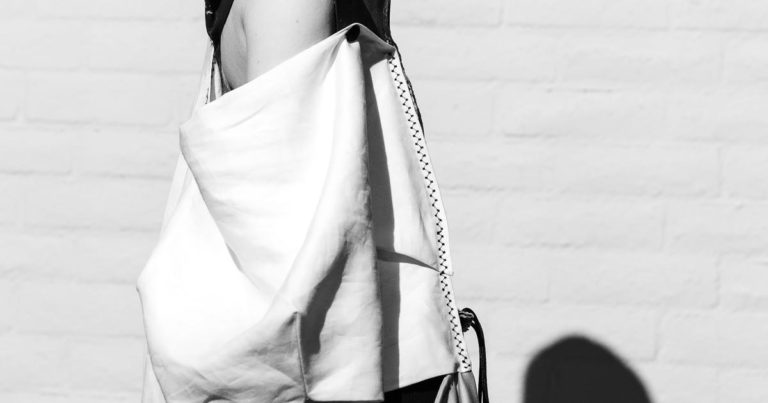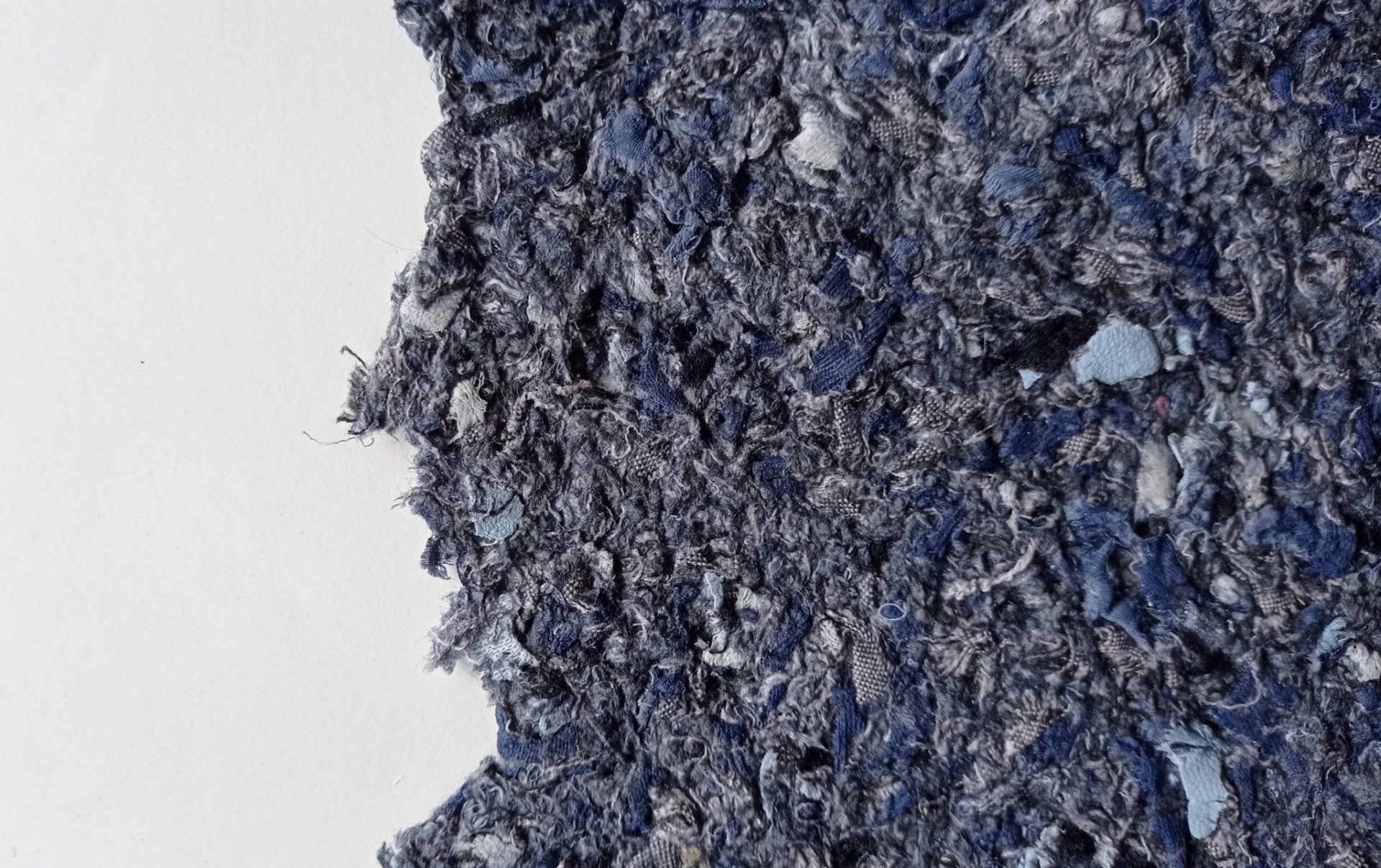The Dutch government set an ambitious target of achieving a fully sustainability by 2050
Dutch design has become an exciting breeding ground for many innovators, successfully bringing their ideas from the lab to the market
Back in 2016, the Dutch government set an ambitious target of achieving a fully circular economy by 2050. In the years since, a lot of emphasis has been placed on the role that the creative industries can play in this transition, catalysed by the European Green Deal and circular action plans developed by various cities and municipalities.
Today the Netherlands has become an exciting breeding ground for innovation, with many designers successfully bringing their ideas from the lab to the market.
Vivian Erdtsieck, founder of Studio Viverdie, is one of such designers. We like her approach a lot and gladly share it, as we believe it perfectly matches what we, together with Altaroma, do at Maker Faire Rome every year, What follows is her manifesto on sustainability and the role fashion plays in it.
What.If.We.Stop
What if we would stop? Would we lose our knowledge or would we gain a new perspective?
We are wired and pushed to search for newer things. Our way to celebrate successes is to plan for the next one. But what if we would stop? Would we lose our knowledge or would we gain a new perspective? The collection illustrates this movement that exists while standing still.
Push mentality
Our society revolves around the economy, Most of the things that we learn, see and feel are based on the capitalistic system. Today this economical system revolves around a push mentality. We are wired and pushed to constantly search for the better, newer thing. We tend to start a new search before we even found the last answer. Nothing is ever good enough.
Not only in the things we buy but also in our careers, education and personal life. Our way to celebrate successes is to plan for the next one. We constantly look into the future without living for today. We are constantly in contact with each other. Even when we are alone for a second we have social media, and the rest of the world population keeps us company. But what if we would stop?
So what would happen if we stop? Would we stop our development? Would we even lose knowledge if we do not keep repeating and feeding ourselves? Maybe we will end up in a new dark age in which we forget how to use the plumbing system. Or would we find a new perspective?
Take a break
When we got so brutally stopped by Covid a few years back we noticed that our world, our society and especially our economy are not built to stand still. It is all made towards a constant growth of speed. But we also noticed that this quietness, this freeze of everything also brought beautiful things. Not only as a consequence for the environment but also for our mindset. We found a new appreciation for human contact, for real connection instead of just online. We realised that digitalisation is a wonderful thing but can not replace human contact.
“Let us this experience to start the conversation about taking a break, in a more contained version, a change of mindset. That is something that I think would take our society to a new level of development. I think that if we would take a break, slow down and most importantly embody the things that we have learned. We will not continue in the growth that is now happening, but we will realise the potential of what is already here. We will create a new environment to prosper in sync with all people, and species and most importantly without polluting the earth we live on”, said Vivian Erdtsieck, founder of Studio Viverdi
Studio Viverdi at Dutch Design Week
When it comes to pollution, there are few industries more harmful than fashion. This is especially true in relatively wealthy countries like the Netherlands, where consumption rates are higher than most. Case in point: 14,000 tonnes of clothes and textiles are thrown away each year in Amsterdam alone.
With the project Circular Material, designer Vivian Erdtsieck has found a way to transform this waste into something useful and beautiful. The outcome is a new type of fabric that is 90% recycled and 100% reusable. ‘The most beautiful thing about it is that it gets stronger every time you recycle it,’ explains Vivian. ‘The materials used can be locally sourced and the material is 100% vegan.
source: Dutch Design Week
cover image: Studio Viverdie
author: Barbara Marcotulli
Maker Faire Rome – The European Edition has been committed since its very first editions to make innovation accessible and usable to all, with the aim of not leaving anyone behind. Its blog is always updated and full of opportunities and inspiration for makers, makers, startups, SMEs and all the curious ones who wish to enrich their knowledge and expand their business, in Italy and abroad.
Follow us, subscribe to our newsletter: we promise to let just the right content for you to reach your inbox




















































































